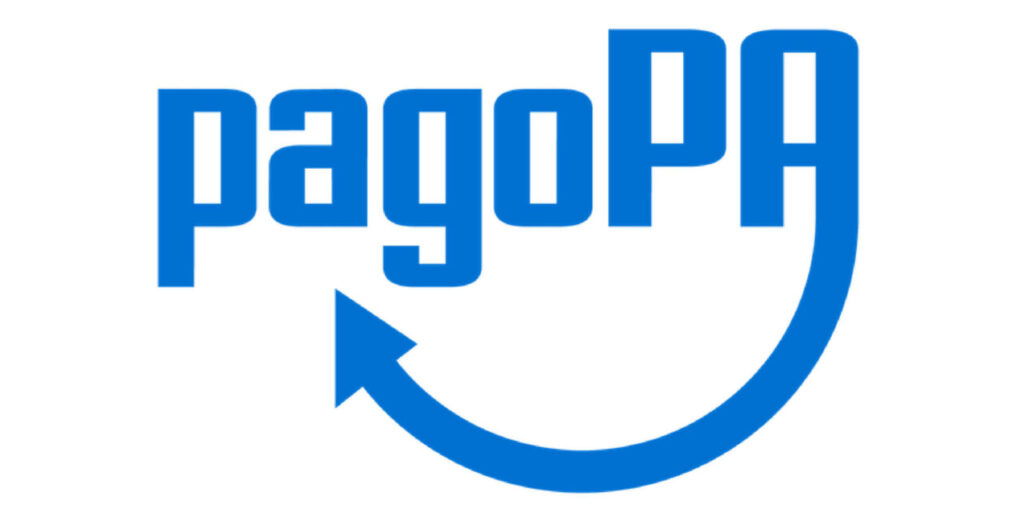Admission to the second-level Academic Diploma
Execution Practices and Repertoire 1
Execution Practices and Repertoire 2
Final Program
Final Exam
The final exam aims to highlight the candidate’s unique features revealed throughout the Academic Course. The student is allowed to take the final exam to earn the Academic Diploma after:
Before taking the final exam, the student must have earned all the credits required by their study program, otherwise the exam will not be valid.
The final exam may be conducted in one of the following formats, at the student’s discretion, in agreement with the referring professor:
In cases (1) and (2), up to a maximum of 15 minutes of previously presented repertoire can be included, in agreement with the course’s referring professor.
If necessary, a co-supervisor may assist the student in writing the program notes or thesis. The co-supervisor’s involvement must be agreed upon with the referring professor and should be arranged at least three months before the graduation session. The departments have the option to adjust the duration of the program and the format of the final exam. The final exam must differ from the exams at the end of the 1st and 2nd years. It must have a monographic or thematic character, and the practical performance (lasting between 30 and 40 minutes) will be followed by a discussion of about 20 minutes in which the candidate will explain their choices of repertoire and interpretation. For this, the candidate must also prepare a brief introductory thesis to the program presented.
The application for the final exam must be submitted during the periods of April 1-30 for the summer and autumn sessions, and December 1-17 for the winter session.
The final exam text must be sent by email to segreteria.didattica@issmpuccinigallarate.it and to the Examination Committee 15 days before the final exam date, in .pdf format; a hardbound paper copy must also be submitted.
The Final Exam Committee consists of an odd number of members (at least five), is chaired by the Director or their delegate, and also includes the supervisor/preparer of the performance exam, the co-supervisor (if applicable), and at least two members, one of whom must come from the area of reference.
Upon passing the exam, the hours of course attendance are recognized. A maximum of 8 hours is allowed for preparing the final exam with a tutor/supervisor.







